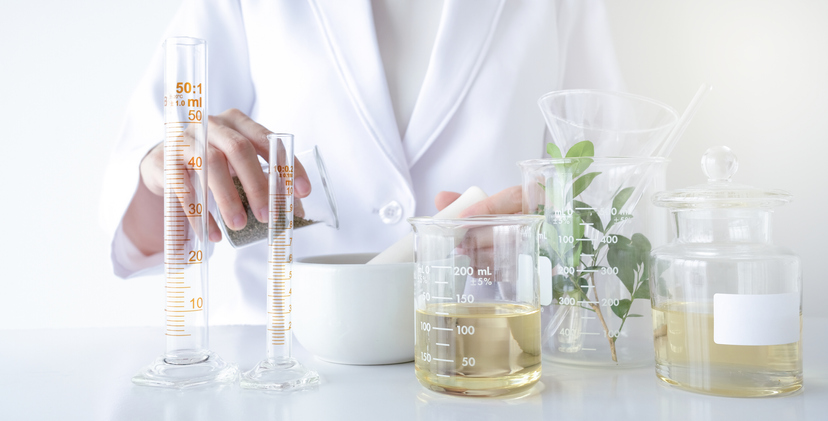
The pharmaceutical world is bound by a number of rules and regulations designed to ensure both quality and safety when manufacturing new drugs. Natural health products (NHPs) are no exception. NHPs are defined as vitamins and minerals, herbal remedies, homeopathic medicines, probiotics, and other products like amino acids. Since NHPs don’t require a prescription for sale, they must be safe to use as over-the-counter remedies. This is where good manufacturing practices come into play. From quality and risk management to ongoing post-marketing activity, Good Manufacturing Practices (GMP) compliance is required at multiple stages of NHP production. This blog will explore the fundamentals of good manufacturing practices and the requirements for selling natural health products on the Canadian market. Read on to learn more!
What Are Good Manufacturing Practices?
Good Manufacturing Practices (GMP) are a part of quality assurance that ensures pharmaceutical products are consistently produced and controlled to appropriate quality standards. In other words, products are assessed to make sure they meet their intended use. GMPs are ongoing measures that apply appropriate standards at different stages of production, including:
- Manufacturing
- Packaging
- Labelling
- Storing
- Importing

Good manufacturing practices should be applied at each stage of production
All natural health products intended for sale in Canada must comply with these standards. Products that fail to meet these standards are not only a health hazard, but also a waste of money for both pharmaceutical companies and consumers. Poor-quality products may contain toxic substances or insufficient amounts of the claimed ingredient. Students looking to pursue a career in pharmaceutical regulatory affairs will learn the importance of GMPs and the minimum requirements from Health Canada for selling different products on the market.

Natural health products may contain hazardous materials if GMPs are not met
The Purpose of GMPs in Natural Health Products
As they pertain to natural health products, GMPs are divided into four sections, with each section providing guidance on Health Canada’s expectations for compliance:
- Places: covers the premises and equipment
- People: covers the requirements for personnel and quality assurance
- Processes: covers the sanitation program and operations
- Products: covers specifications, samples, records, and recall reports
Although a natural health product may comply with all of the final product specification tests, it may still have microbial or chemical contaminations if companies fail to uphold GMP conditions throughout the manufacturing and packaging process. In that case, complying with GMPs is a mandatory part of regulatory affairs in the industry for minimizing waste and ensuring confidence in the final product.

GMPs cover places, people, processes, and products
The Role of Regulatory Affairs
Regulatory Affairs Specialists are responsible for obtaining and maintaining government approval for drugs, natural health products, and related materials. In the process, regulatory affairs professionals are tasked with demonstrating compliance as well as upholding it. The type of GMP evidence for different places, people, processes, and products can vary but it’s important that all requirements are supported by sufficient examples. Examples of evidence may include:
- Facility maintenance records
- Equipment cleaning and maintenance logs
- Employee training schedules
- Raw material release records
- Relevant Standard Operating Procedures
With relevant training, students will gain knowledge of regulatory systems, legislation, and evidentiary practices that they can apply to a career in the development and quality assurance of NHPs.
Ready to start your career with a regulatory affairs program?
Contact the Academy of Applied Pharmaceutical Sciences today!



